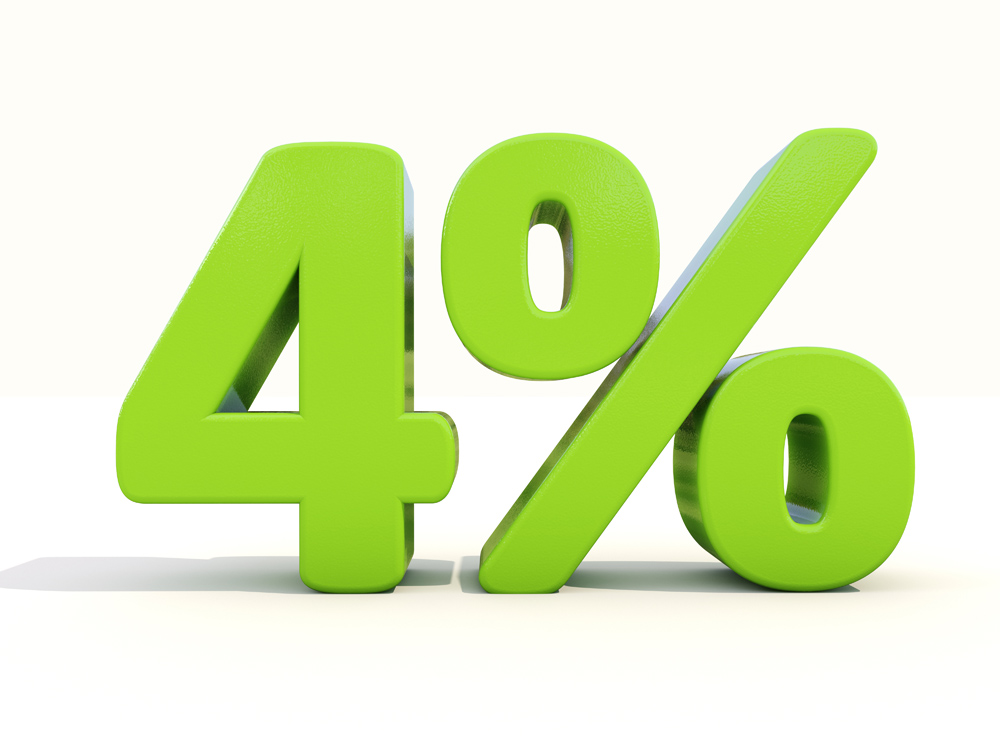Interesting question discussed on SC Bar’s Real Estate Law Listserv
The South Carolina Bar maintains a great listserv for members of the Real Estate Practices Section through which lawyers can ask questions and share information via email. I recommend that South Carolina real estate practitioners join the section and the list. Both provide opportunities for staying in touch with fellow practitioners and keeping up with news and trends.
Last week, a practitioner from the Fort Mill area was advised that the county would not allow the 4% owner-occupied assessment ratio for his clients who had Hispanic names but who presented South Carolina driver’s licenses and vehicle registrations as evidence of their permanent addresses. He asked other practitioners how to appeal.
Several lawyers, mostly from the Charleston area, responded that they were well aware of this issue. Apparently, Charleston County takes a hardline approach on the issue and requires that persons who are not United States citizens be resident aliens/permanent residents to obtain the 4% ratio.
My friend and excellent Charleston real estate practitioner, Beth Settle, pointed us to this Attorney General’s opinion on the topic.
The opinion is dated June 21, 2019 and is addressed to Jerry N. Govan, Jr., a member of the South Carolina House of Representatives. Mr. Govan’s question noted that some county offices are requiring individuals to present proof of U.S. citizenship as a requisite of receiving the special ratio and asked whether South Carolina law, specifically §12-37-10 et seq., requires proof of citizenship. The legislator then asked whether counties are authorized to use investigative methods to determine citizenship.
The opinion agreed with the questioner that South Carolina law provides no “bright line” rule to determine whether a non-citizen is or is not a domiciliary for the purposes of the special ratio and pointed to court decisions from multiple jurisdictions with varying results on this issue. Some courts have held that illegal aliens cannot form the requisite intent to achieve domicile in the United States. Other courts have indicated the determination must be made on a case-by-case basis. Some aliens, according to an opinion from Alaska, are allowed in the country only if they do not intend to abandon their foreign residence. Those restricted aliens would jeopardize their legal presence in the United States if they seek to establish domicile here. Others are not so restricted and may be able to form the intent to remain here without jeopardizing their legal alien status.
No decisions from South Carolina appellate courts have addressed this issue, but the Administrative Law Court considered the question* and concluded that establishing domicile is ultimately a question of fact and largely one of intent. A distinction was drawn between “actual residence” and “legal residence”, and the court stated that an individual remaining in the United Stated without documentation cannot form the requisite intent to make property in South Carolina the domicile for the purposes of the discount.
The burden of proof on this issue falls on the taxpayer. The Attorney General’s opinion concluded that in order to receive the four-percent special assessment ratio, the property in question must be the legal residence of the taxpayer. The determination must be made on a case-by-case basis after investigation by the county officials and ultimately the courts. Generally speaking, the opinion continued, those aliens who are here illegally are deemed unable to establish domicile in the United States. Where the alien is in the United States as a result of DACA, that person cannot qualify. And a tourist without a permanent visa cannot be a permanent resident.
*Richland County Assessor v. Herrera, 2018 WL 5114185 (18-ALJ-17-0006-cc)(October 9, 2018).





